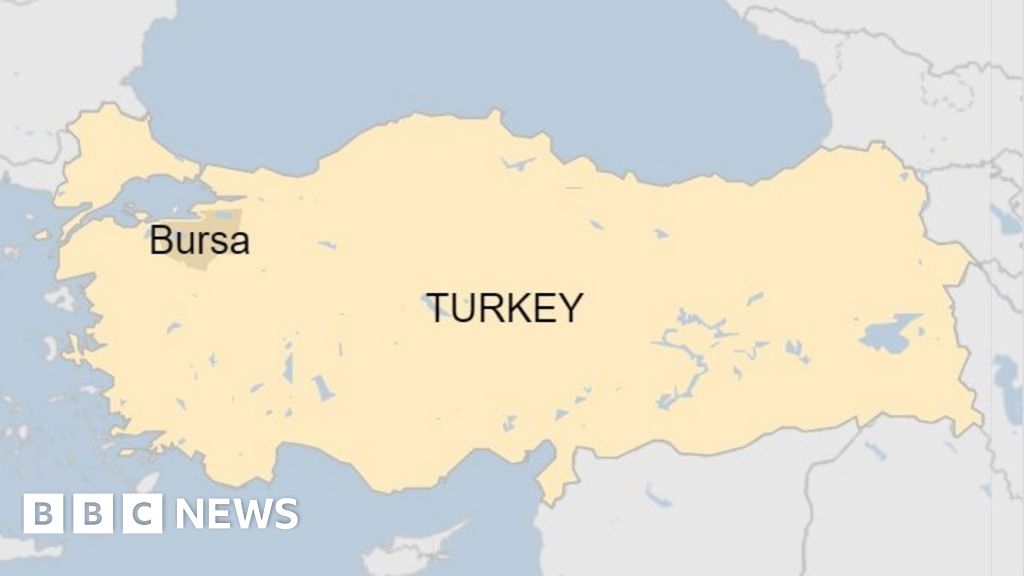Becoming Closer To E.U, Turkey Scraps Death Penalty
Turkey had already signed a protocol concerning the abolition of capital punishment in peacetime following a vote in the Turkish parliament in August 2002, reported Agence France-Presse (AFP).
A moratorium on the death penalty had already been in place in Turkey since 1984.
The signing of this latest protocol is part of a wider and long-running program of human rights reforms in Turkey which the E.U. considers vital if negotiations over Ankara’s admission to the bloc are to get underway.
‘Significant’
The European Commission in Brussels welcomed the decision as a “significant step” in Turkey’s progress towards establishing a European-style democracy.
Spokesman Jean-Christophe Filori said he was aware of reports the Turkish government had decided to sign the protocol prohibiting the death penalty.
“If this is confirmed I would like to stress that the Commission very warmly welcomes this initiative…which represents a significant step for Turkey on its way to becoming a fully fledged democracy fully respecting European standards in terms of human rights," he told a news conference.
Filori said he understood the decision to sign Protocol 13 still needed to be ratified by the Turkish parliament.
The death penalty was replaced by life imprisonment without parole in October 2002, and the change saved the life of jailed Kurdish leader Abdullah Ocalan.
Ocalan was originally sentenced to death in June 1999 for his role in a 16-year guerrilla war against the Turkish authorities in which more than 30,000 people were killed.
Heeding an appeal by the European Court of Human Rights, Ankara suspended Ocalan’s execution until the court ruled on his complaints.
The E.U. is to decide in December 2004 if Turkey, a secular but mainly Muslim country and a NATO member, has made enough progress in democratic reforms to open membership talks.
European Commission President Romano Prodi is to visit Turkey next week, the first such visit by an EU executive since Turkey signed an association agreement with the E.U.’s predecessor, the European Economic Community in 1963.
Some politicians in Brussels say Turkey’s military still have too much say in running the country, the BBC News Online said.
They also say the culture of government is very different to that of other applicant states, with a lack of accountability.
In private, some E.U. officials are somewhat uneasy about letting a predominantly Muslim country join the club.
On May 25, two Vatican senior figures questioned how suitable would it be for Ankara to join the union.



